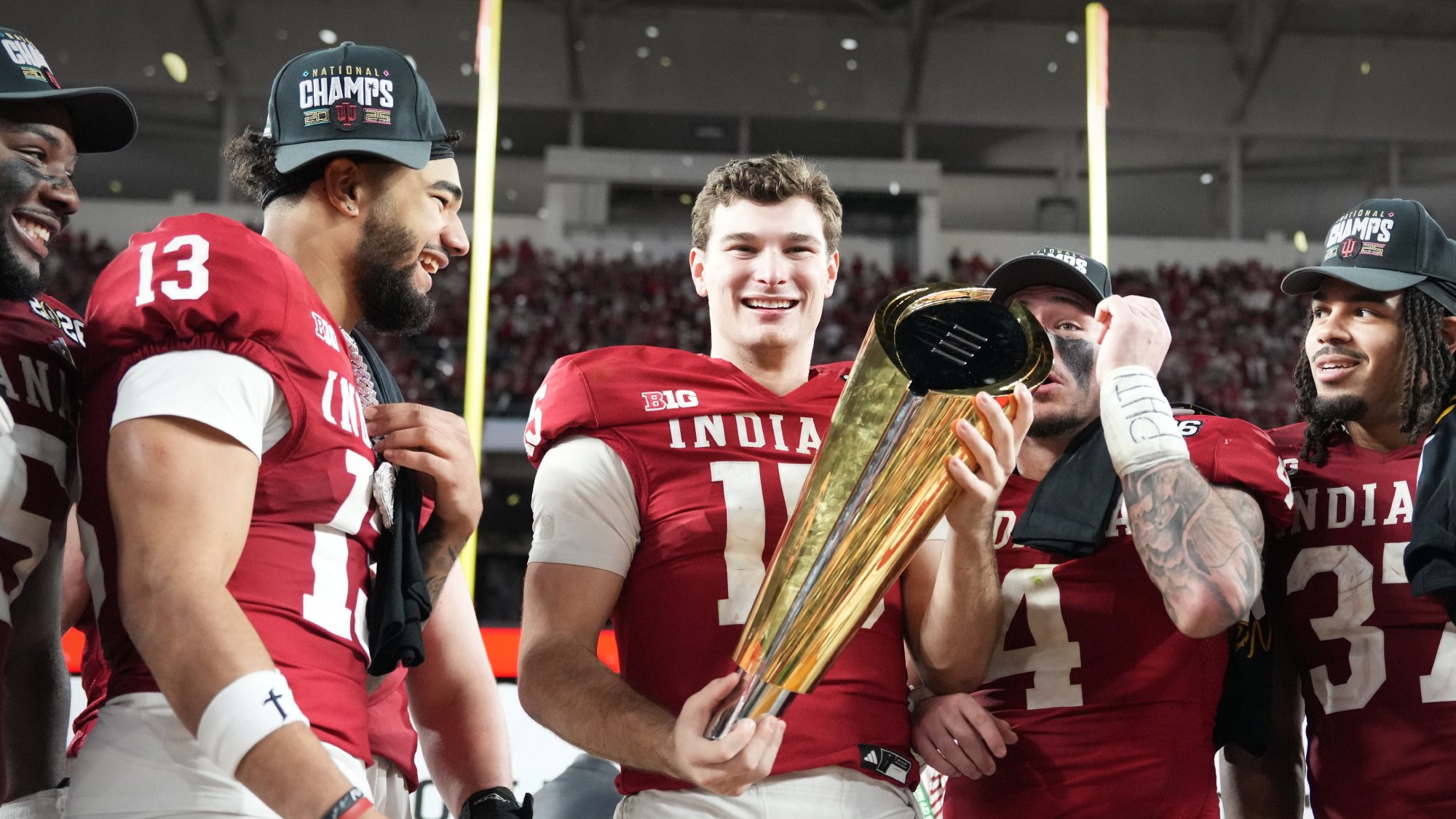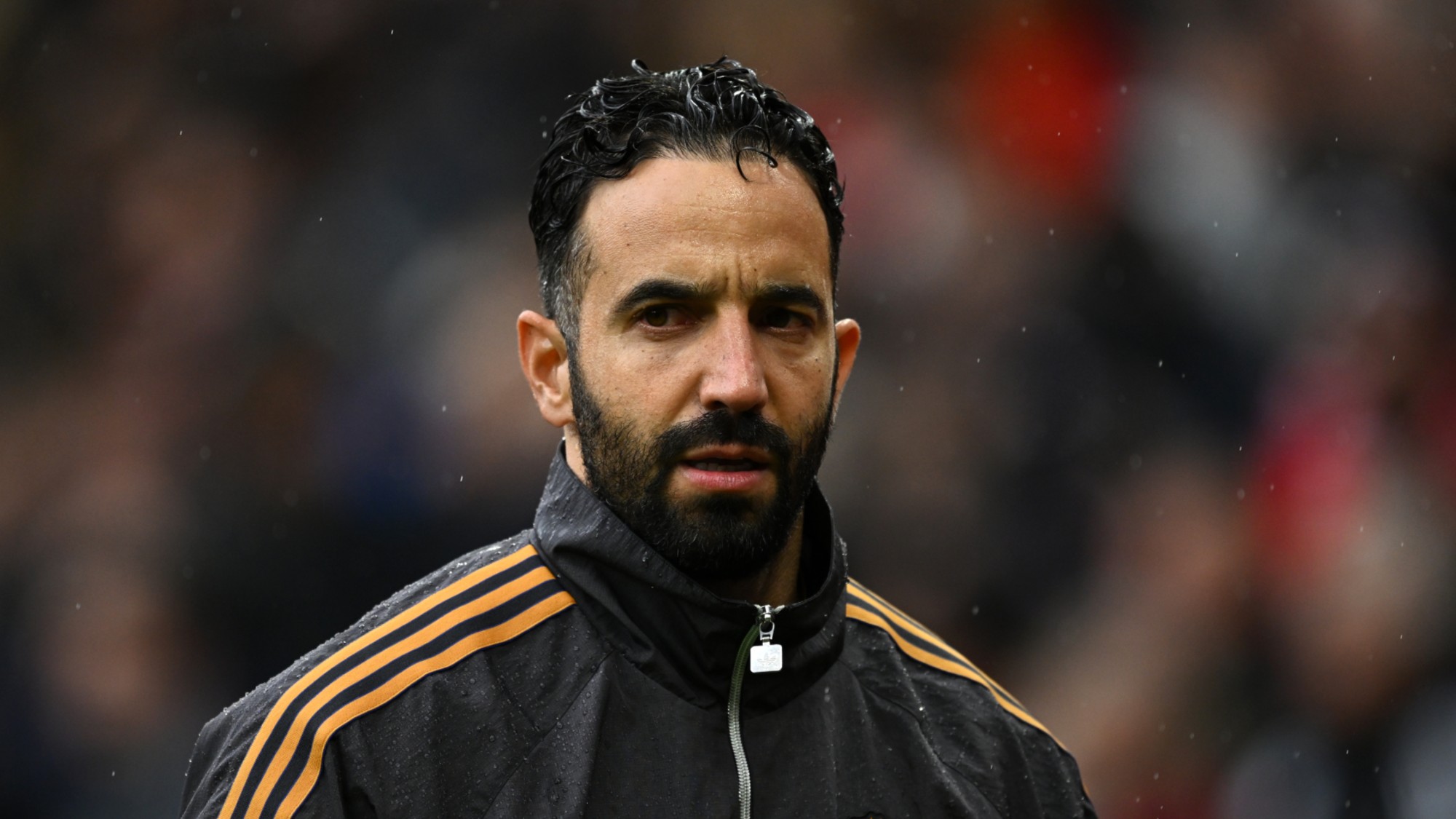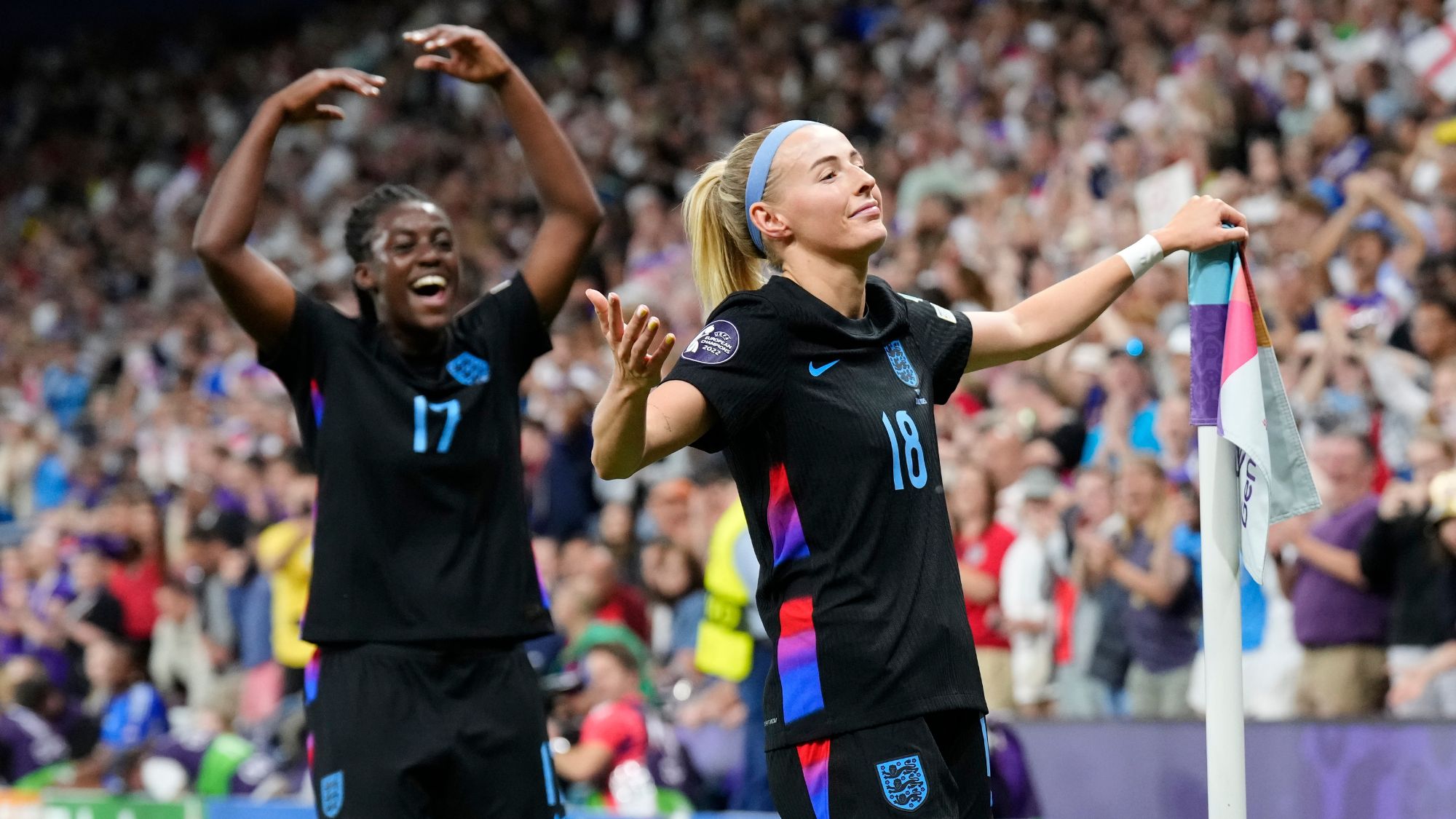The Premier League's spending cap: levelling the playing field?
Top clubs oppose plan to link spending to income of lowest-earning club, but rule could prevent success gap from widening

A free daily email with the biggest news stories of the day – and the best features from TheWeek.com
You are now subscribed
Your newsletter sign-up was successful
A football season marked by off-field controversies may conclude with one of the Premier League's "better boardroom decisions".
On Monday, 16 of the 20 top-tier English clubs backed a proposal for a new "anchoring" system, said Miguel Delaney, chief football writer at The Independent. This is essentially a spending cap, limiting the amount a club could invest to a multiple (likely to be about 4.5 to 5) of what the lowest-earning club receives from centralised broadcasting deals. It would prevent the wealthiest clubs from accumulating more revenue to allow them to spend more, "as has been the case for most of the last 40 years".
Manchester United, Manchester City and Aston Villa voted against the proposal, and Chelsea abstained, but only 14 votes in favour were needed for it to pass. The proposal will now be put to the clubs at the annual general meeting in June for a vote, and introduced for the 2025-26 season.
The Week
Escape your echo chamber. Get the facts behind the news, plus analysis from multiple perspectives.

Sign up for The Week's Free Newsletters
From our morning news briefing to a weekly Good News Newsletter, get the best of The Week delivered directly to your inbox.
From our morning news briefing to a weekly Good News Newsletter, get the best of The Week delivered directly to your inbox.
'Punish them for their success'
This is a "significant step" towards a hard salary cap, said the Financial Times sports editor Josh Noble. It's part of a broader push across European football to halt the "spiralling wage and transfer costs" that have led to "years of losses" for clubs. The financial restraint is being driven by more professional investors and weakening broadcaster demand for live TV rights.
The Premier League is the richest domestic competition in the world, and boasts six of 10 highest-income clubs in Europe, but they have "largely failed to translate increased revenue into profits". Last season, only three out of the 20 Premier League clubs recorded an annual profit. The competition is exploring new measures to end "the cycle of overspending".
But some executives fear linking spending to income will effectively "lock in the financial advantages of the biggest clubs", said Noble, and harm the competitiveness of the Premier League. Players' unions have warned that salary caps could go against European competition law.
The Professional Footballers' Association said it would "wait to see further details" of the proposals. But the union would "oppose any measure that would place a 'hard' cap on player wages".
A free daily email with the biggest news stories of the day – and the best features from TheWeek.com
Manchester United believe the proposal would "slow down" attempts to improve playing fortunes at Old Trafford, which will "cost a lot of money", said The Athletic. Limiting spending would undermine the club's ability to compete at the highest level in European tournaments, and "punish them for their success" in generating such significant revenues year after year.
'A more equitable rule'
It's "no surprise" that Manchester City are opposing the spending cap, said Ian Herbert in the Daily Mail. City are owned by Sheikh Mansour – a member of Abu Dhabi's royal family and the current vice-president and deputy prime minister of the United Arab Emirates. When a Gulf state owns a club, state-owned companies suddenly become interested in "paying top dollar" to sponsor that club. Gulf sovereign wealth funds are "shredding" any notion of financial parity in the competition.
City also have "myriad" other ways of bringing in extra cash, like selling players' image rights to companies they have a financial interest in or "intellectual property" to other clubs they own, or similar "acts of accounting gymnastics".
The club is facing 115 charges of breaching financial sustainability rules (which it denies). A new system of spending controls, rooted in the "mundane, transparently calculable figure of the lowest club's income", would be a "profound relief" to those living in the real world, said Herbert.
This is a "more equitable rule", said Delaney in The Independent, one that would "encourage sustainability" and help suppress the "maddening" wage race that has led to punishment for overspending and ticket price increases.
Something that is "often overlooked", he said, is that football's product isn't stars or super-squads, but competitive games. They drive interest because they create "drama", which creates a narrative. And competition balance doesn't happen organically; it requires "heavy regulation" to prevent wealthier clubs from "sailing away". That's why this proposal is being described as "future-proofing". It won't be perfect, but it is "the right step".
Harriet Marsden is a senior staff writer and podcast panellist for The Week, covering world news and writing the weekly Global Digest newsletter. Before joining the site in 2023, she was a freelance journalist for seven years, working for The Guardian, The Times and The Independent among others, and regularly appearing on radio shows. In 2021, she was awarded the “journalist-at-large” fellowship by the Local Trust charity, and spent a year travelling independently to some of England’s most deprived areas to write about community activism. She has a master’s in international journalism from City University, and has also worked in Bolivia, Colombia and Spain.
-
 The ‘ravenous’ demand for Cornish minerals
The ‘ravenous’ demand for Cornish mineralsUnder the Radar Growing need for critical minerals to power tech has intensified ‘appetite’ for lithium, which could be a ‘huge boon’ for local economy
-
 Why are election experts taking Trump’s midterm threats seriously?
Why are election experts taking Trump’s midterm threats seriously?IN THE SPOTLIGHT As the president muses about polling place deployments and a centralized electoral system aimed at one-party control, lawmakers are taking this administration at its word
-
 ‘Restaurateurs have become millionaires’
‘Restaurateurs have become millionaires’Instant Opinion Opinion, comment and editorials of the day
-
 Indiana beats Miami for college football title
Indiana beats Miami for college football titleSpeed Read The victory completed Indiana’s unbeaten season
-
 Who is to blame for Maccabi Tel Aviv fan-ban blunder?
Who is to blame for Maccabi Tel Aviv fan-ban blunder?Today’s Big Question MPs call for resignation of West Midlands Police chief constable over ‘dodgy’ justification of ban from Aston Villa match, but role of Birmingham Safety Advisory Group also under scrutiny
-
 Amorim follows Maresca out of Premier League after ‘awful’ season
Amorim follows Maresca out of Premier League after ‘awful’ seasonIn the Spotlight Manchester United head coach sacked after dismal results and outburst against leadership, echoing comments by Chelsea boss when he quit last week
-
 Coaches’ salary buyouts are generating questions for colleges
Coaches’ salary buyouts are generating questions for collegesUnder the Radar ‘The math doesn’t seem to math,’ one expert said
-
 Five years after his death, Diego Maradona’s family demand justice
Five years after his death, Diego Maradona’s family demand justiceIn the Spotlight Argentine football legend’s medical team accused of negligent homicide and will stand trial – again – next year
-
 Libya's 'curious' football cup, played in Italy to empty stadiums
Libya's 'curious' football cup, played in Italy to empty stadiumsUnder The Radar 'Curious collaboration' saw Al-Ahli Tripoli crowned league champions in Milan before a handful of spectators
-
 Crisis? What crisis? How Lionesses made the Euros final against the odds
Crisis? What crisis? How Lionesses made the Euros final against the oddsAmid injuries and questions about form, England's women are one step away from glory
-
 Sweden's Soft Hooligans: the fans who brought 'good vibes' to the Euros
Sweden's Soft Hooligans: the fans who brought 'good vibes' to the EurosUnder the Radar Formed to create a fun fan atmosphere, the Swedish football supporter group has been bringing the party to the championship